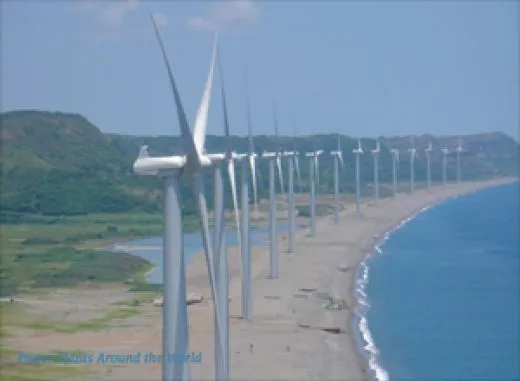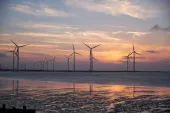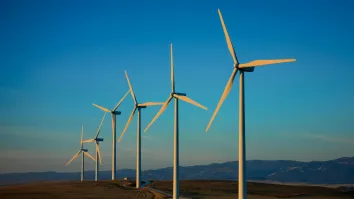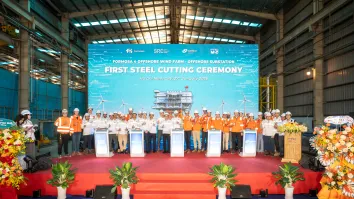
Philippine wind farm feasibility studies get funding
ADB and the Japanese government will fund studies into the feasibility of wind power facilities in the northern Philippines. It seeks to help reduce the country’s reliance on coal and oil-fired power, and cut greenhouse gas emissions.
A technical assistance grant of up to $630,000 from the Asian Clean Energy Fund under the Clean Energy Financing Partnership Facility, which is funded by the Government of Japan and administered by Asian Development Bank, will be used to do preparatory work for three potential wind farm projects in Luzon. The preparatory work will include wind assessments, annual energy production estimates, assessment of environmental impacts and social acceptability, assessment of wind energy related issues, and an evaluation of transmission connection issues.
“Energy plays a vital role in economic growth and poverty reduction and ADB is playing a prominent role in helping countries like the Philippines, which are heavily reliant on imported coal and oil, to tap renewable power sources to achieve energy security and to mitigate greenhouse gas emissions which contribute to climate change,” said Joe Yamagata, Deputy Director General of ADB’s Private Sector Operations Department.
A large proportion of the Philippines’ electricity is generated from imported coal and oil, leaving it exposed to price volatility and energy security concerns. At the same time, the reliance on fossil fuels has seen the country’s greenhouse gas emissions rise significantly.
In 2008 the government approved a new energy roadmap in which it set a target of doubling the installed generating capacity from renewable energy to 5,300 megawatts by 2030. However, development of renewable energy, such as wind, has been relatively slow because of the high cost of feasibility assessments and of developing and constructing plants. To date, the Philippines has only one wind power facility ― the Northwind Bangui Bay Power Plant in northern Luzon. Nevertheless, the potential for harnessing wind remains high as the country of more than 7,100 islands is situated on the fringes of the Asia-Pacific monsoonal belt.
A leading renewable power company, Alternergy Philippine Holdings Corporation, has been granted rights by the Philippine Department of Energy to develop wind power facilities in several locations. If the feasibility studies show that the plants are technically and financially viable, Alternergy plans to build three wind farms with a combined capacity of up to 150 MW.
“We welcome the technical assistance from ADB which will allow Alternergy to assess additional prospective wind sites in Luzon,” said Knud Hedeager, Executive Vice President of Alternergy.



















 Advertise
Advertise







